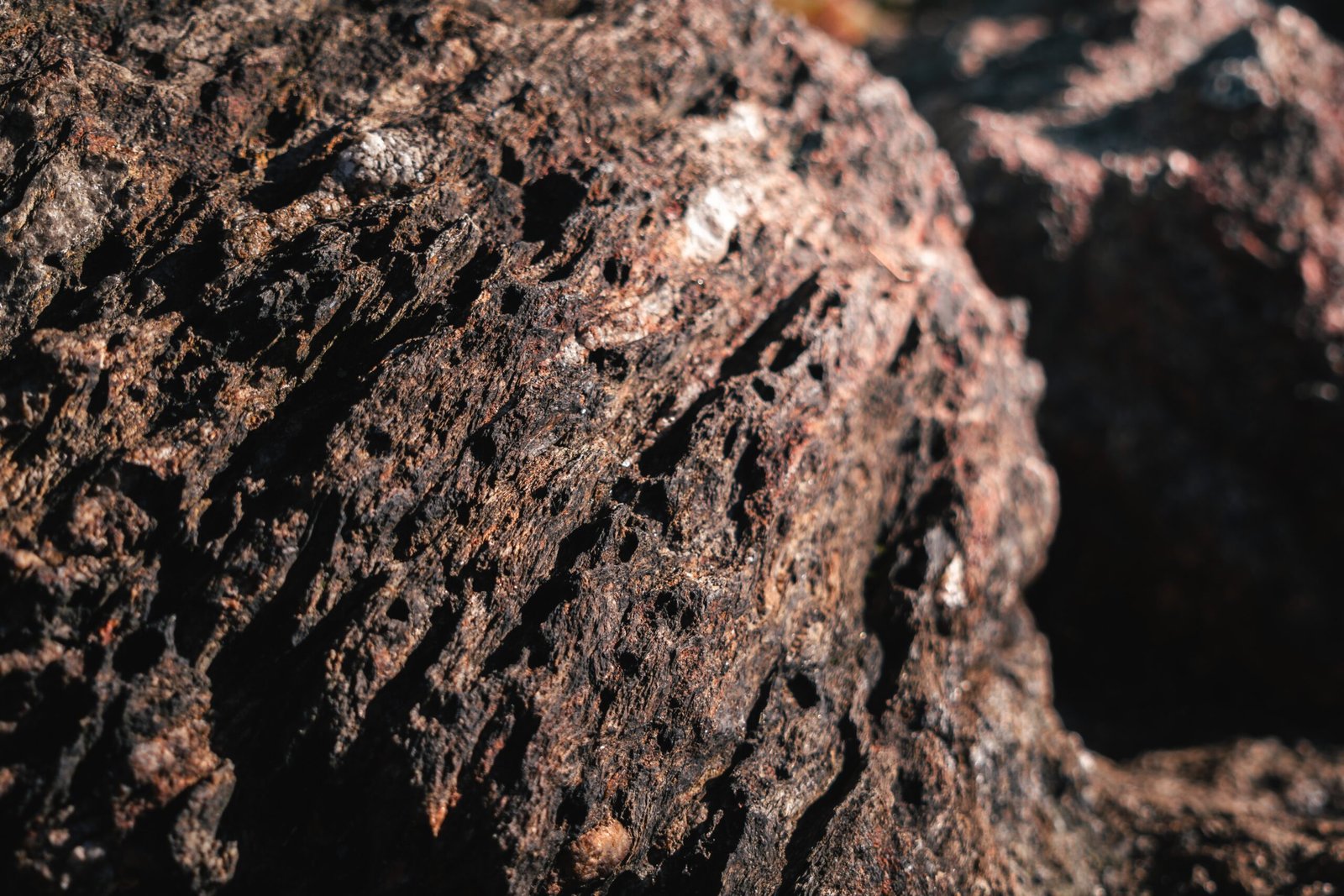Have you ever wondered about the impact of oxalate on your urinary health? In this article, we will explore the connection between oxalate and urinary health, discussing its potential effects and ways to maintain a healthy balance. Whether you’re looking to prevent kidney stones or simply curious about this aspect of your well-being, read on to discover how oxalate can play a role in urinary health.
Oxalate and Urinary Health
When it comes to maintaining optimal urinary health, one component that often gets overlooked is oxalate. Understanding the role of oxalate in urinary health is crucial in preventing the development of kidney stones, urinary tract infections (UTIs), and bladder-related issues. This article aims to provide a comprehensive understanding of oxalate and its impact on urinary health, as well as methods of measurement, conditions associated with oxalate, and strategies for prevention and treatment.

This image is property of images.unsplash.com.
Understanding Oxalate
Oxalate is a naturally occurring compound found in many foods we consume daily, such as spinach, rhubarb, beets, nuts, and tea. It is also produced as a waste product by our own bodies during normal metabolism. While oxalate itself is not harmful, high levels of oxalate in the urine can lead to the formation of kidney stones and other urinary complications.
Role of Oxalate in Urinary Health
In normal circumstances, our bodies excrete oxalate through the kidneys, preventing it from accumulating in the urinary tract. However, certain factors can disrupt this balance, leading to increased oxalate levels in the urine. When oxalate combines with calcium in the urinary tract, it can form crystals, which can then develop into kidney stones over time. Additionally, oxalate can also contribute to the development of urinary tract infections and other bladder-related issues.

This image is property of images.unsplash.com.
Factors Affecting Oxalate Levels
Several factors can influence the levels of oxalate in the urine. Diet plays a significant role, as foods high in oxalate can contribute to elevated urinary oxalate levels. Other factors, such as genetic predisposition, certain medical conditions, and intestinal disorders that affect nutrient absorption, can also impact oxalate levels. It is essential to consider these factors when assessing and managing urinary health.
Methods to Measure Oxalate In Urine
To determine oxalate levels in the urine, healthcare professionals typically perform a 24-hour urine collection test. This test involves collecting all urine produced over a 24-hour period and measuring the oxalate concentration. This method provides a comprehensive overview of oxalate excretion and helps healthcare providers tailor treatment plans accordingly.

This image is property of images.unsplash.com.
Health Conditions Associated with Oxalate
Various health conditions are associated with oxalate and its impact on urinary health. These include primary hyperoxaluria, a rare genetic disorder characterized by the overproduction of oxalate, as well as secondary hyperoxaluria, which can occur due to certain medical conditions or surgical procedures. Both conditions increase the risk of kidney stone formation and require specialized treatment and management.
The Connection between Oxalate and Kidney Stones
One of the most well-known associations with oxalate is its role in kidney stone formation. When oxalate and calcium bind together in the urine, they can create crystals that eventually lead to the development of kidney stones. It is important to note that not all kidney stones are composed of oxalate, but it is a common component. Managing oxalate levels in the urine is vital in preventing and reducing the formation of these stones.
Prevention and Treatment of Kidney Stones
Preventing kidney stones often involves a multifaceted approach. This may include increasing fluid intake to promote urinary flow and dilution, reducing dietary oxalate intake, and minimizing calcium intake from supplements while maintaining an adequate calcium intake from food sources. Additionally, certain medications can help decrease oxalate levels in the urine or prevent crystal formation. Timely treatment and prevention strategies can significantly reduce the recurrence of kidney stones.
Oxalate and UTIs
While urinary tract infections are primarily caused by bacteria, studies have shown a possible connection between oxalate and UTIs. Elevated oxalate levels in the urine can modify the protective properties of the bladder lining, making it more susceptible to infection. Additionally, UTIs can lead to increased oxalate absorption from the diet, exacerbating urinary health issues. Further research is necessary to fully understand the relationship between oxalate and UTIs.
Oxalate and Bladder Health
Oxalate can also affect bladder health in various ways. High concentrations of oxalate in the urine can potentially irritate the bladder lining, leading to discomfort, frequent urination, and urgency. Additionally, bladder stones composed of oxalate can develop, similar to kidney stones. Proper management of oxalate levels, along with appropriate treatment of underlying bladder conditions, is essential for maintaining optimal bladder health.
Managing Oxalate Levels through Diet
Dietary modifications play a crucial role in managing oxalate levels and promoting urinary health. While it is not necessary to completely eliminate oxalate-rich foods, it is advisable to consume them in moderation and balance them with other nutrient-rich foods. Increasing calcium intake from food sources, maintaining hydration, and incorporating a variety of fruits and vegetables into the diet can also help reduce oxalate absorption and excretion.
Conclusion
Overall, understanding the role of oxalate in urinary health is essential for maintaining optimal urinary function and preventing urinary complications. By ensuring a balanced diet, being mindful of oxalate-rich foods, and seeking medical guidance for individuals with predispositions or underlying conditions, one can take proactive steps towards promoting good urinary health. With careful management, it is possible to maintain a healthy urinary system and minimize the risk of kidney stones, UTIs, and bladder-related issues.

